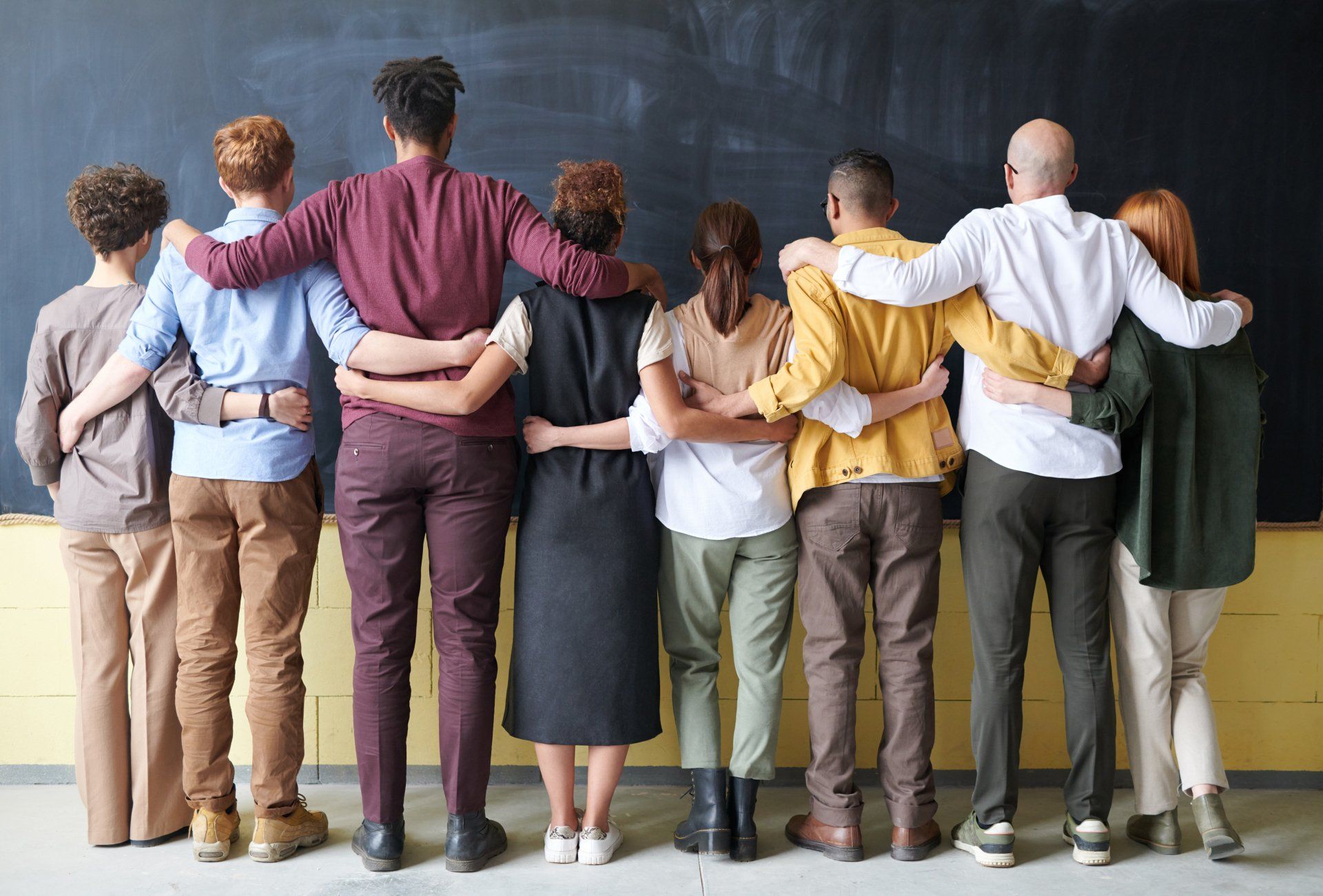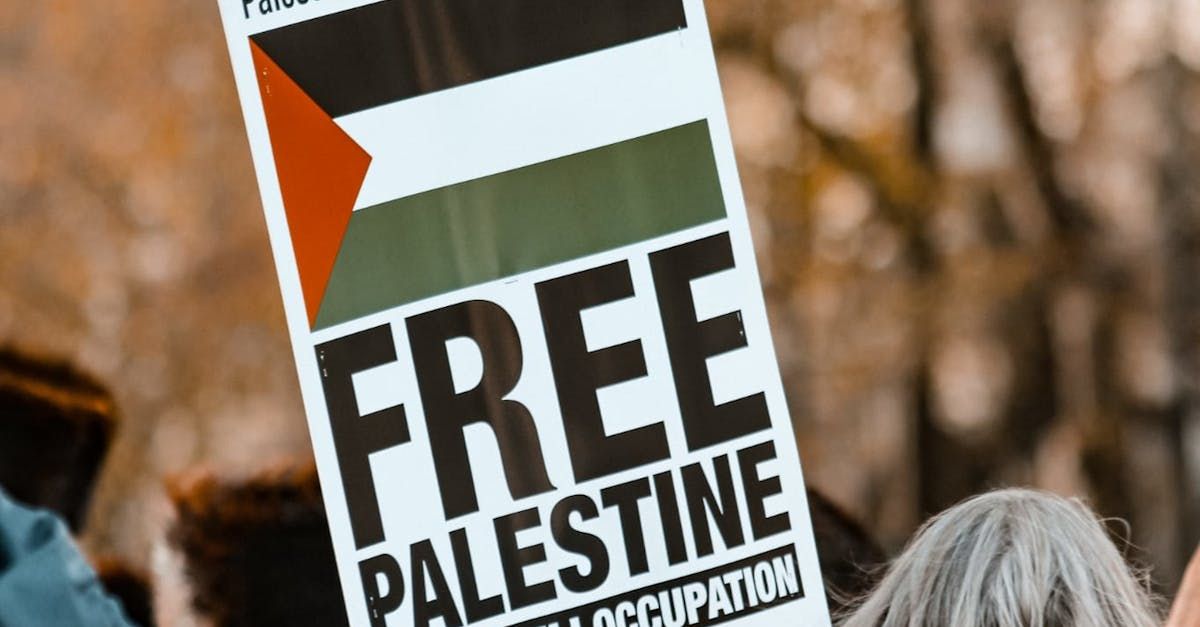Three Steps toward Reconciliation for Settlers

Journeying to Reconciliation
1) Brief History
“Reconciliation” is about relationships. In this case, about the relationship between Settler and Indigenous Peoples in Canada
a) Indigenous Peoples have been living on Turtle Island for millennia. Settler people has been here only five or six centuries. Initially there was much sharing and cooperation.
b) Especially in the last 2 centuries: the relationship has deteriorated – as Settlers increased. The British Crown and Canada’s government assert sovereignty over all land and disdain the nation-to-nation, Crown to First Nations Treaties. Settler society assume superior and subjugating stance.
c) Since Confederation 1867: assimilation was the primary policy - make “them” like us European, Christian, individual property-ownership and agriculturally based. Don’t let Indigenous People impede the National dream of Canada “from sea to sea.” Confine and control Indigenous Peoples. Ignorance of the Indigenous realities grows profoundly in Settler society.
d) It's TIME to change the channel from bad (or dystopian) to more just, mutually respectful, fair, self-determining relationship of equals (or utopian).
e) It's a big job – given more than 150 years of legalized subjugation – especially the Indian Act of 1876. Read more about the story at https://www.minister.ca/indian-act-proposal .
2) How do we journey toward Reconciliation?
Jody Wilson-Raybould (Puglaas) wrote “True Reconciliation”, offering a paradigm: three steps on the journey leading towards Reconciliation. The three steps: Learn – Understand – Act. Read more at: https://www.minister.ca/who-writes-history.
Jody Wilson-Raybould (Puglaas)True Reconciliation - How to Be a Force for Change. . Penguin Random House Canada Ltd./McClelland & Stewart. 2022. ISBN 9780771004384.
3) My Take on Puglaas’ Three Steps
a) Learn – Images to remember “head" or "brain.”
i) I started with basic facts, truth to dispel rumours, stereotypes, prejudices. Others may choose a different image or way to start. Books that taught basics included:
· Stephen King: “The Inconvenient Indian.” Anchor Canada, 2012
· Lynda Gray: “First Nations 101 – Tons of Stuff You Need to Know”, Vancouver, Adaawx Publishing, 2022. ISBN978 0 9869640
· Bob Joseph: “21 Things you May not Know about the Indian Act, Helping Canadians Make Reconciliation with Indigenous Peoples a Reality”, Port Coquitlam BC, Indigenous Relations Press, 2018.
· Bruce McIvor: “Standoff, Why Reconciliation Fails Indigenous People and How to Fix It.” Gibsons BC, Nightwood Editions, 2021.
· "This Place – 150 Years Retold."
A graphic novel of 10 stories for adults and children. Foreword by Alicia Elliott; stories by Kateri Akiwenzie-Damm [and 10 others]; illustrations by Tara Audibert [and 5 others]; Highwater Press. 2019, ISBN 9781553797586. $36. This volume contains Indigenous/settler stories in words and beautiful graphics that make all readers reconsider the histories we've learned before about life in Canada for Indigenous Peoples. The courage of Indigenous heroes inspires Indigenous and settler folks alike and awakens visions of another future together in this fair land.
ii)
Learn about the Doctrine of Discovery (Google it!). There have been many repudiations and apologies about this false doctrine promulgated in the late 15th century. But this faux Papal teaching still quietly undergirds Crown sovereignty in Canada!! Go figure!
iii)
Read about
Treaties (Crown-Indigenous) and how the Indian Act trampled on and negated Treaties, dishonouring the Crown and depriving Indigenous Peoples of their rights, land base, and the inevitable outcome of impoverishment.
iv)
Understand WHY
Indigenous People are much poorer than Settlers - social, educational, economic inequality; and why so many are in jails (Read: Harold R Johnson: “Peace and Good Order, The Case for Indigenous Justice in Canada.” McClelland & Stewart, 2019. ISBN 978 0 7710 4872 2)
v) Keep exploring to get to the truth and dispel the myths (e.g. re taxes).
b) Understand – Images to remember “Heart” or “Learn to walk in their shoes”
i) Meditate on what you’ve learned about Indigenous Peoples and about yourself as a Settler person. A heavy duty book to do this seriously is: Elaine Enns and Ched Myers. “Healing Haunted Histories – A Settler Discipleship of Decolonization.” Eugene Oregon, Cascade Books, 2021. ISBN 978 1 7252 5535 7.
ii) Discuss with others (e.g. Living into Right Relations Book Study Group at First United Church; conversation with Indigenous neighbours, acquaintances, classmates; take a course at community college, etc.)
iii) Reflect deeply, honestly, humbly on the costly & harmful settler colonial policies to “assimilate” Indigenous Peoples: dispossession of lands by the Crown; Residential Schools and the ‘60s Scoop of children destroying families; chronic underfunding of education, health, and basic amenities on reserves; prohibition of cultural and spiritual heritage activities.
Read: John Ralston Saul: “A Fair Country – Telling Truths about Canada.” Toronto, Penguin Books, 2008.
Understand the intentions of the Royal Commission on Aboriginal Peoples by reading the summary report produced by The Institute on Governance based in Ottawa (April 1997). Website: www.IOG.ca.
v) Read first person accounts of the harm and pain Indigenous People have experienced. E.g.:
- Andrew Stobo Sniderman & Douglas Sanderson (Amo Binshii). “Valley of the Birdtail – An Indian Reserve and a White Town and the Road to Reconciliation”, Toronto, Harper & Collins, 2022.
- Alicia Elliott. “A Mind Spread Out on the Ground”. Anchor Canada, 2019
- Brian Thomas Isaac. “All the Quiet Places”. Touchwood Editions. 2021.
vi) Hardened hearts: Consider how these subjugating policies hardened our hearts, reinforced prejudices or superiority and domination, making us ignorant of Indigenous losses and suffering, stifling our compassion, kindness, and goodwill.
vii) Connect with Indigenous persons and listen carefully to their truth, their wisdom, courage, vision.
c) Act. “hands" or "feet.”
Remember becoming agents for change is to renew the relationship – individually and collectively.
i) Attend Indigenous focused events: education, cultural, festivities, exhibitions – to both discover and support Indigenous efforts to honour heritage and foster identity.
ii) Become more aware and active about Settler wealth compared to Indigenous impoverishment. Where did settler wealth come from? In B.C. I learned how much wealth was generated by the forestry industry (an Indigenous lands). In Saskatchewan, potash and uranium, not to mention prairie grains, generated settler wealth from Indigenous lands. In Manitoba, rivers and lakes generated hydro as was the case in Ontario and Quebec; in the Maritimes, fishing was the wealth source.
Would a Guaranteed Basic Livable Income balance the income scales between Indigenous & settler people?
In Victoria volunteer “taxes” paid to First Nations are balancing the scales. (Victoria Reciprocity Trusts.)
iii) Vote on the remit to help Indigenous United Church of Canada Indigenous folks self-determine their way of being UCC. And if your congregation isn’t voting, participate in Federal & Provincial elections to support Indigenous-friendly and supportive political candidates.
iv) Prod the politicians federal, provincial, municipal to implement the Truth & Reconciliation Commission's (TRC) Calls to Action, the recommendations of the Murdered & Missing Indigenous Women & Girls Report, the United Nations Declaration on the Rights of Indigenous Peoples (UNDRIP(, and the Royal Commission on Aboriginal Peoples
v) Support efforts to repudiate the Indian Act and call for a new nations-to-Crown treaty negotiated between settler society’s representatives (The Crown) and Indigenous Peoples (Inuit, Métis, First Nations.
And humbly and patiently do much more to implement our core prayer to restore “God’s reign on earth as in heaven”; or other blessed images like “two canoes and one river” and the “two row wampum” treaty of friendship, justice and peace.
Learn – head. Understand – heart. Act – hands and feet.
Steps for the journey toward Reconciliation and a new relationship between Indigenous Peoples and Settler Society in Canada.
Pilgrim Praxis

Contact Harry
We will get back to you as soon as possible.
Please try again later.
